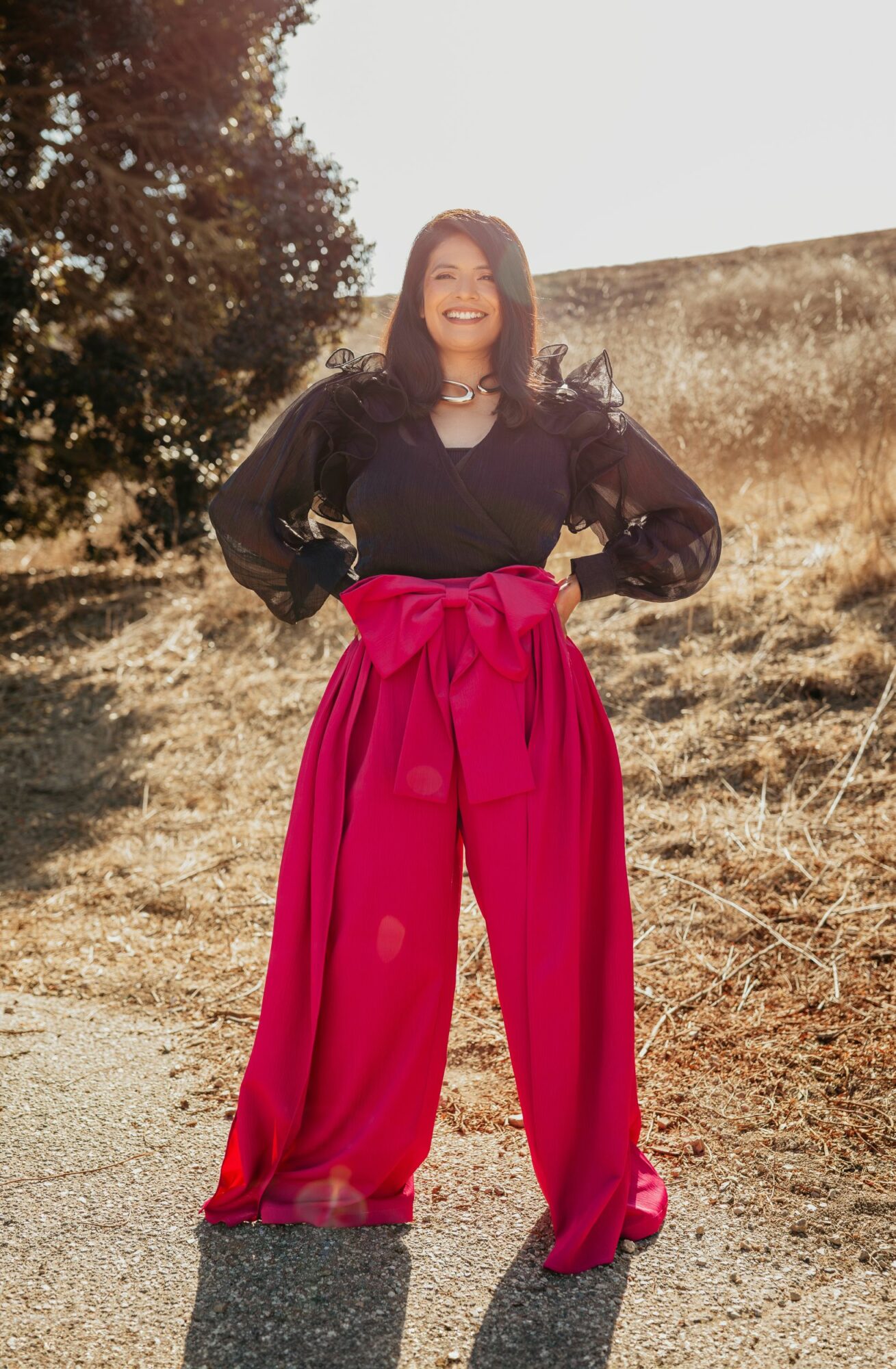

Today we’d like to introduce you to Jenny Lopez.
Hi Jenny , please kick things off for us with an introduction to yourself and your story.
I often think about how our earliest landscapes shape the way we move through the world. My journey began in Oaxaca, Mexico and continued in Riverside, California — two places that would later help me understand generational migration, belonging, and what it means to grow between worlds. As a child migrant, the experiences of separation, code-switching, and cultural brokerage shaped how I’ve come to understand care and connection. Looking back as an adult, I see how those beginnings planted curiosities about what it means to care deeply — for self, for others, and for the environments that hold us.
Over time, I’ve learned to embrace my bicultural experience while also acknowledging the history of violence tied to the loss of Indigenous language — Mixteco — and the silence and shame that colonization left behind. “De aquí y de allá” is something I’m still discovering for myself, identifying deeply with the Oaxacalifornia experience. I’m a Southern Californian at heart — rooted in curiosity about my culture, grounded in community, and continuously learning what it means to belong to both the Lands that raised me and the ones that continue to hold me.
My parents worked night shifts in the food industry to keep our family steady. They gave me strength and work ethic; I learned tenderness and perspective through the spaces in between. My mother taught me to notice my surroundings — that “healthy environments create healthy beings.” My father encouraged me to value language, to learn to read and write in Spanish, to bask in poetry and music, and to take pride in our roots. Together, they showed me that care lives in rhythm — in patience and in the quiet acts that keep us connected.
Like many First Gen youth, I carried gratitude alongside the responsibility of navigating education and identity mostly on my own. Access to the hills near my mother’s home — and later, to UC Riversides’s Botanical Gardens — made all the difference. Those spaces became sanctuaries of reflection and imagination, long before I understood their full impact. Programs like the Inland Empire Future Leaders Program, outreach initiatives with UC Riverside, and athletics gave me a sense of belonging and expanded my understanding of what was possible. They taught me that access to community support and investment, education, and recreational and enrichment opportunities — for myself and my family — are not privileges; they are rights. Access to Public Lands, to me, is a matter of public health, community health, and generational wealth building.
Today, I call Los Angeles home — a city that continues to shape me personally, creatively and professionally. LA is where I’ve learned to integrate healing and advocacy, to balance entrepreneurship with community care, and to honor the intersections of ecology and emotional well-being. It’s also the birthplace of Rooted in Nature Therapy™ (RINT) — a bilingual ecotherapy practice and creative hub where creativity and curiosity around sustainability meet. At the nexus of community healing and social entrepreneurship, RINT is a reflection of everything I’ve learned: that restoration happens in brave, consistent spaces where people feel seen, safe, and supported; and that care, culture, and community can flourish when we experience healthy relationships with the Land.
Would you say it’s been a smooth road, and if not what are some of the biggest challenges you’ve faced along the way?
Not quite — AND it’s been an important one. By the time I first accessed mental health support at age 20, I had already known the undercurrent of sadness and anxiety for years. Still, stepping into college as a first-generation student, I felt completely out of the water and on my own. When the emotional overwhelm peaked and I feared flunking out, it was the first time I could fully name what I was feeling and recognize that I needed help.
That experience opened my eyes to the power of trauma-informed care — especially for first-time therapy participants — and to how crucial it is to destigmatize mental health so people can access support early, not only in crisis. I often wish preventative care and early intervention had been accessible to me sooner. The ripple effects were real: low grades, loss of scholarships, financial instability, and the early accumulation of student debt. These experiences revealed how structural barriers and stigma around mental health can affect entire life trajectories, not just emotional well-being.
With time and reflection, I began to understand how my personal experiences were shaping my professional path — that caring for others and caring for myself were never meant to be separate practices. As a practitioner, I’ve witnessed how high-stress, low-support environments can activate stress and trauma responses, and how essential reflective supervision, sustainability, and access to safe spaces are for therapists to have the capacity to show up fully for others. It’s only within the containment of supportive and brave relationships that we, as healers, can offer that same safety and steadiness to those we serve. The road hasn’t been smooth, but it’s been rich with awareness — guiding me toward more compassionate and sustainable ways of practicing care.
Thanks – so what else should our readers know about Rooted in Nature Therapy ?
Rooted in Nature Therapy™ (RINT) is a bilingual ecotherapy practice and collective care initiative based in Los Angeles — and has already provided support to individuals, families, and organizations across California and the country. We integrate mental health, community care, and ecological connection through one-on-one therapy, reflective consultation, and capacity-building opportunities — both virtually and outdoors — all grounded in reflection, presence, and intentionality for respite and collective care.
What is Ecotherapy?
Ecotherapy is a therapeutic approach that recognizes our connection to nature as an essential part of emotional and psychological well-being. It invites people to slow down, notice, and engage with the natural world — whether through outdoor experiences, mindfulness, storytelling, or simply grounding in one’s environment. At its heart, ecotherapy understands that when we care for our relationship with nature, we also nurture our relationship with ourselves and others. It’s a practice of restoration for both people and planet.
Our services are designed for those who tend to others — caregivers and parents of young children, adults navigating the First Gen experience, and community caregivers seeking emotional support, social connection, and restoration. We also offer small group Walk & Talks — outdoor experiences that invite participants to breathe, reflect, and reconnect with community and the Land.
My background in social work deeply shapes how I approach care. We see and support the whole person — honoring access to basic needs, connection to resources, and the systems that impact daily life. That might mean getting curious about a medical appointment, sharing mutual aid opportunities, or connecting someone with their local library — small yet powerful ways to nurture well-being beyond the therapy space.
RINT also provides capacity-building opportunities for environmental and community-based workers navigating climate anxiety and burnout, creating reflective spaces at the intersection of nature education, mental health, reflective practice, and collective care. Recent collaborations include workshops with Justice Outside, Sierra Club Los Angeles Chapter and the Audubon Society, supporting leaders and organizers in restoring their own well-being while continuing their advocacy for people and planet.
What sets RINT apart is our pace and philosophy. We take our time. Our work is gradual, intentional, and rooted in integrity. We’re not here for quick fixes; we’re here for the long run — to cultivate care that is sustainable, relational, and restorative.
Brand-wise, what I’m most proud of is the permission this work gives — to dream, express, represent, and collaborate with others who share in experience and values. One of the most rewarding parts of being an emerging entrepreneur is getting to co-create — to bring to life the whispers of the heart and watch them take form in community. Whether through partnerships, workshops, or shared moments in nature, I’m proud that our work reflects not just what we do, but how we do it: with presence, reciprocity, and love.
Each offering is guided by a simple question: How do we best meet the moment? Whether responding to community needs during the LA fires, offering psychological first aid amidst ICE raids, or holding space for daily overwhelm, Rooted in Nature Therapy™ is about listening deeply — to the Land, to one another, and to the evolving needs of our communities.
How do you think about luck?
I don’t know that I’d call it good or bad luck — but I do recognize that life has a way of nudging us toward what we’re meant to explore next. My departure from the non-profit sector caught me by surprise. I was happy where I was, and had just said out loud, “I can see myself here for a long time.” For someone who had been bouncing for a while trying to find a place to truly nestle in, that meant a lot.
Then came the news from my supervisor: the program I was hired under had lost funding, and in six months, we’d all need to transition out. It was unexpected — and, in hindsight, the nudge I didn’t know I needed to ask, “What now?” I had already been weaving the threads — trainings that reflected my desire to integrate my worlds — but this was the moment to get curious, to make a deeper commitment to this next area of growth and expansion.
There’s a quote I love: “A bird sitting on a tree is never afraid of the branch breaking, because her trust is not in the branch but in her wings.” By that point, I had become licensed, completed the Wilderness Training Course through the Sierra Club, the Nature for All Leadership Academy, Naturalist Training, and helped co-coordinate the Nurture in Nature Program with other mental health therapists from various practices and areas of expertise — colleagues I would later have the opportunity to co-create with again as part of the Be Well in Nature collective.
So maybe luck isn’t the right word — maybe it was timing, trust, and preparation meeting opportunity. Rooted in Nature Therapy™ has been a gradual unfolding ever since — a process and a dream in the making, grounded in curiosity, community, and care. We are here, now. And we are here for as long as the community needs us.
Pricing:
- Private Pay: $195/session
- Based on Private Medical Insurance
- Curated Offerings – Prices Vary
Contact Info:
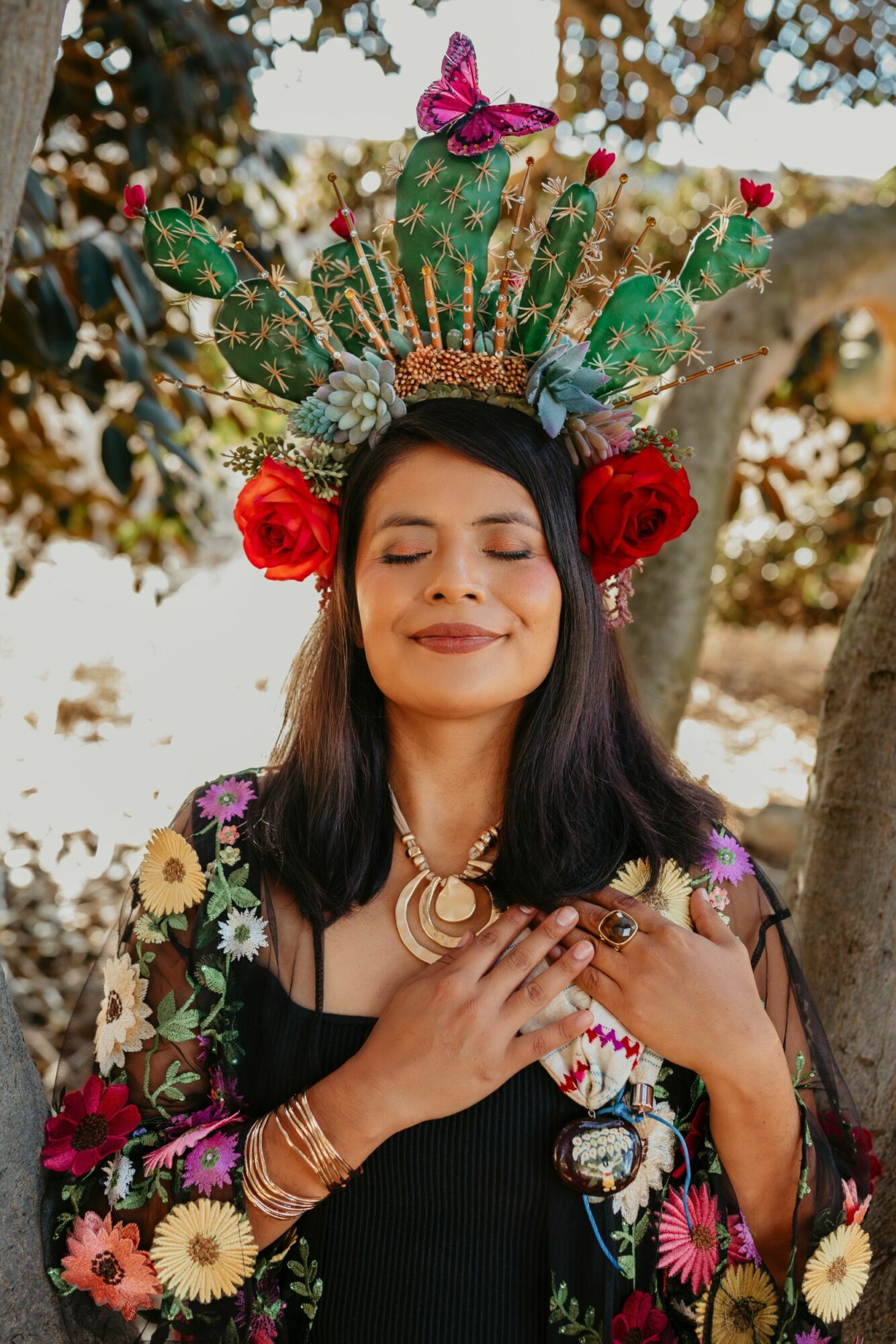
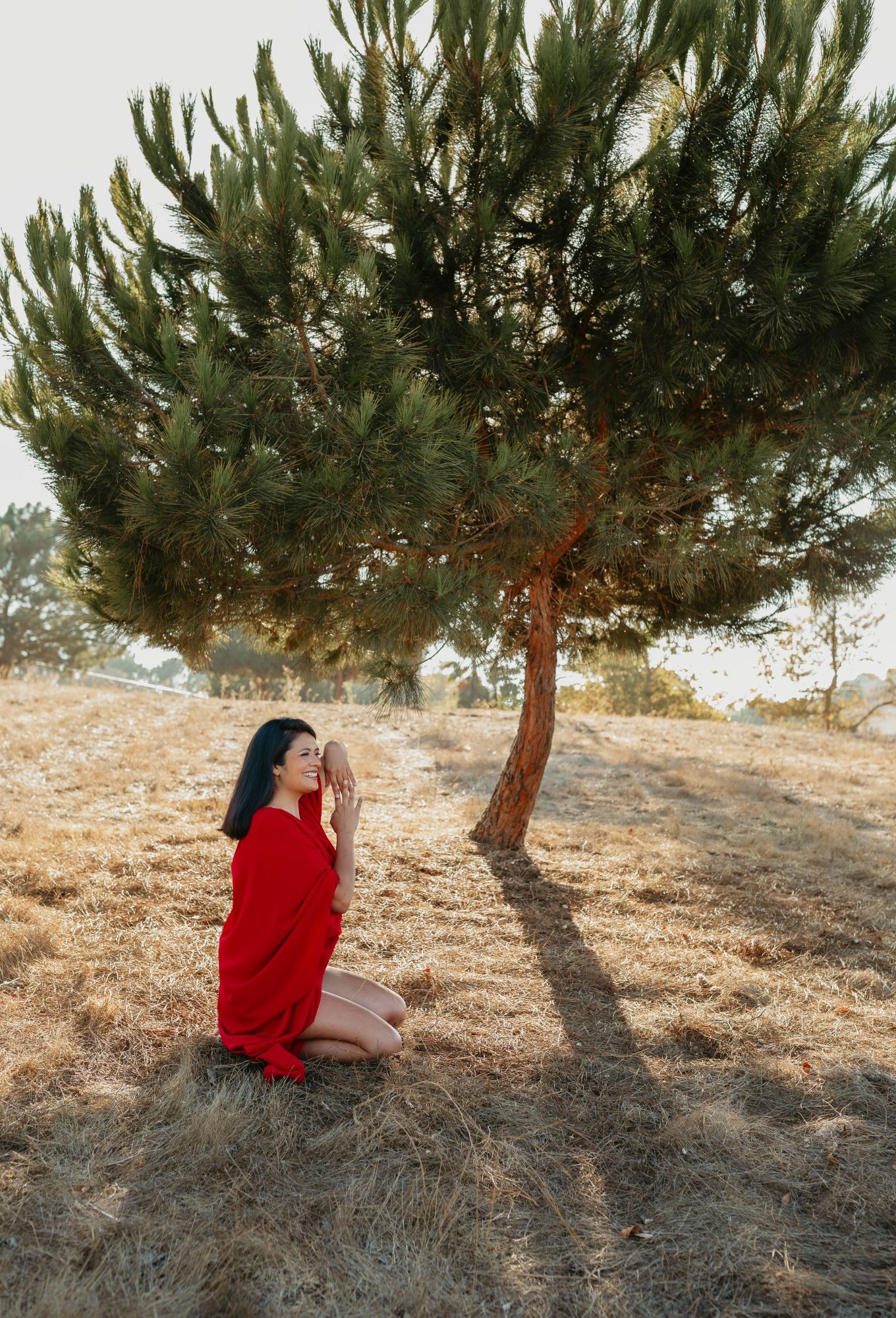
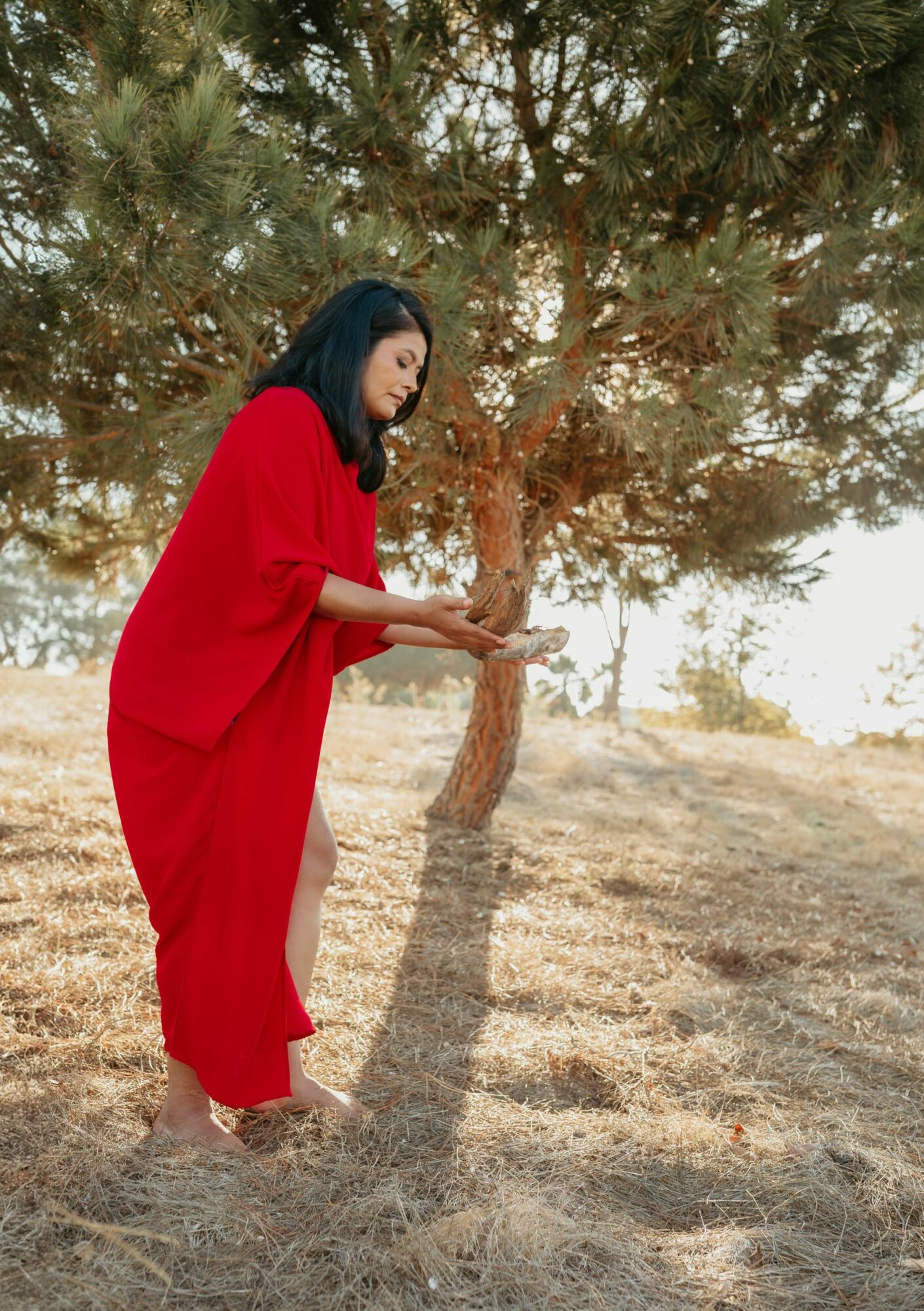
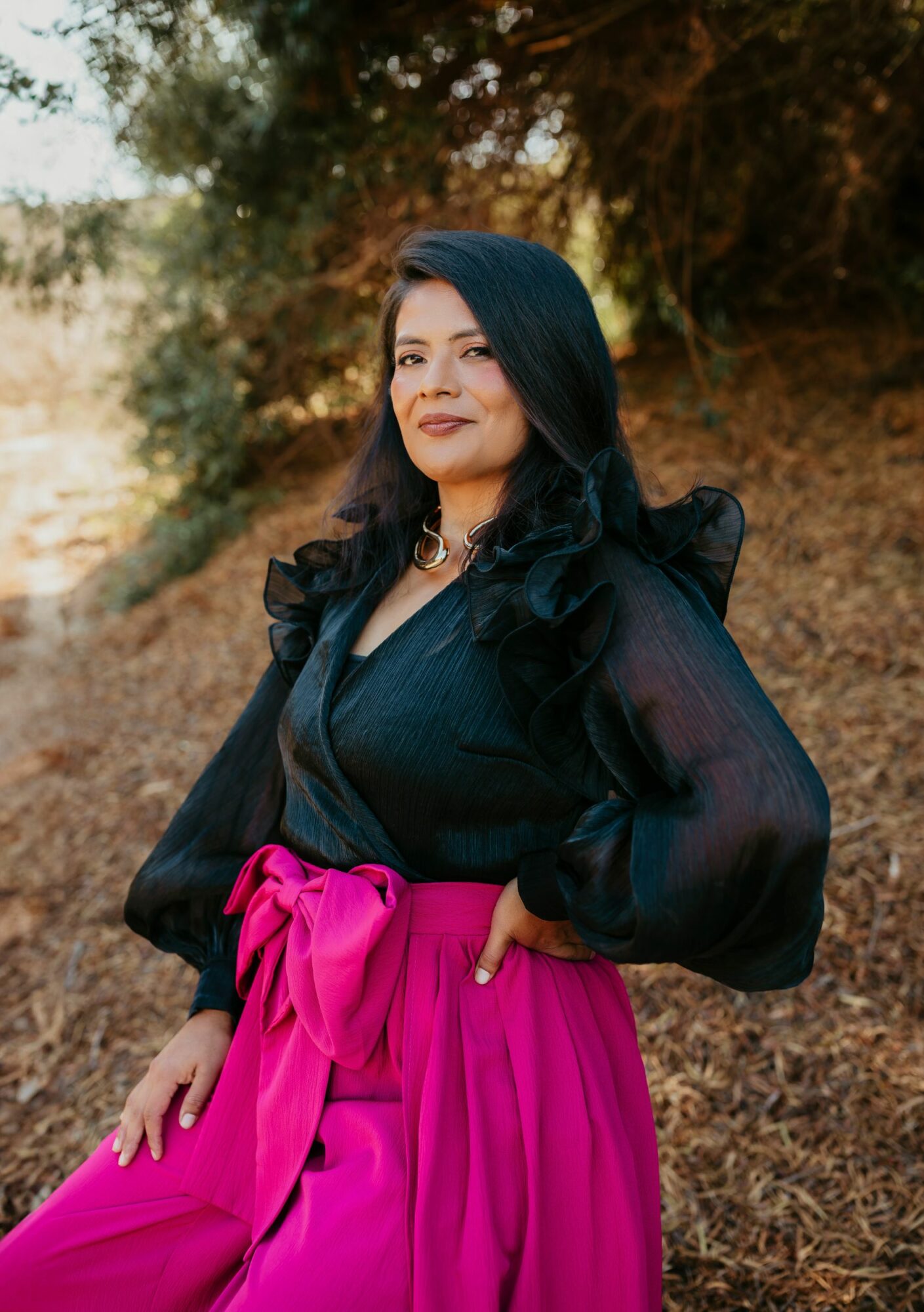
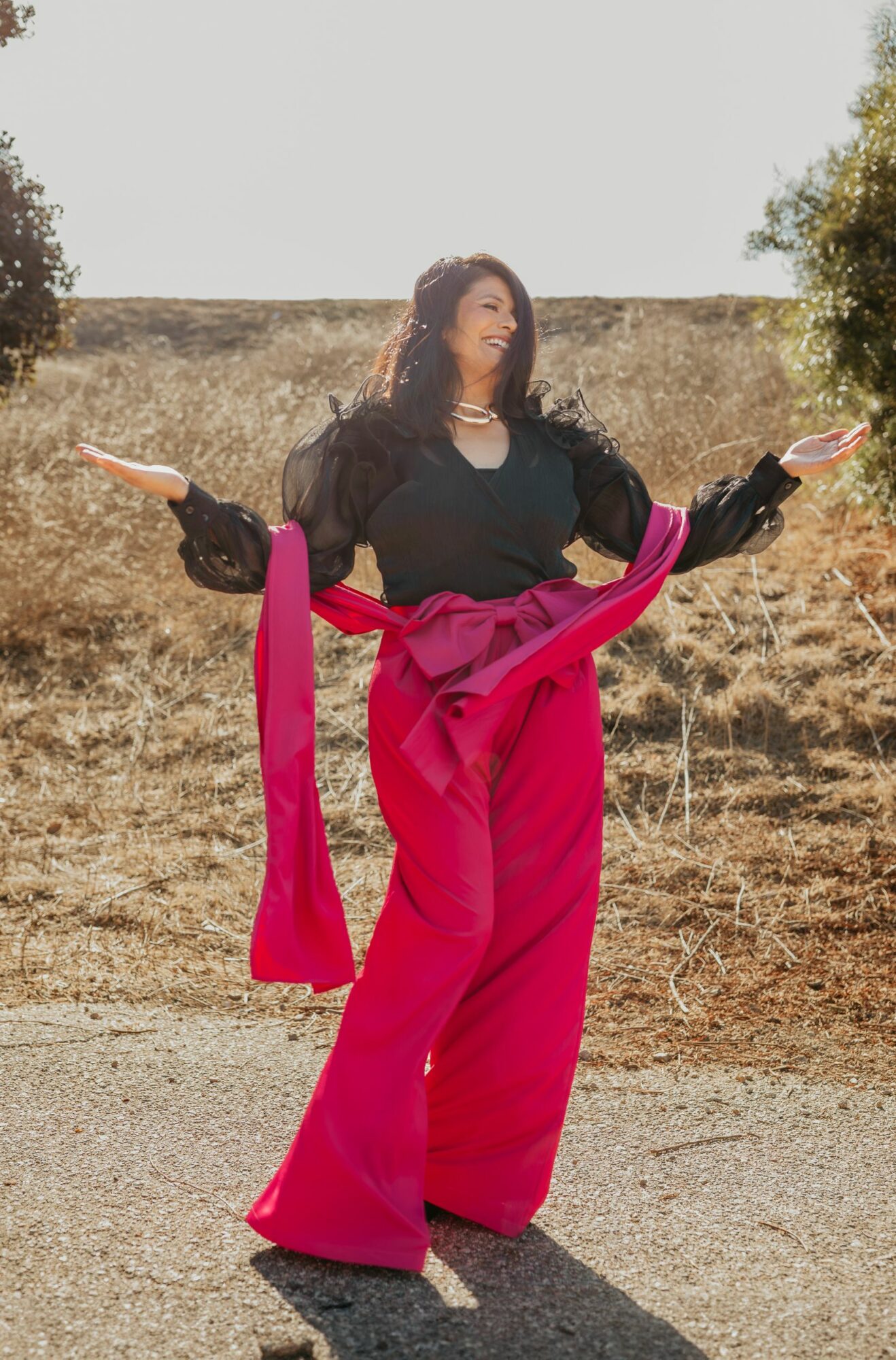
Image Credits
Yaquelin Hernandez














